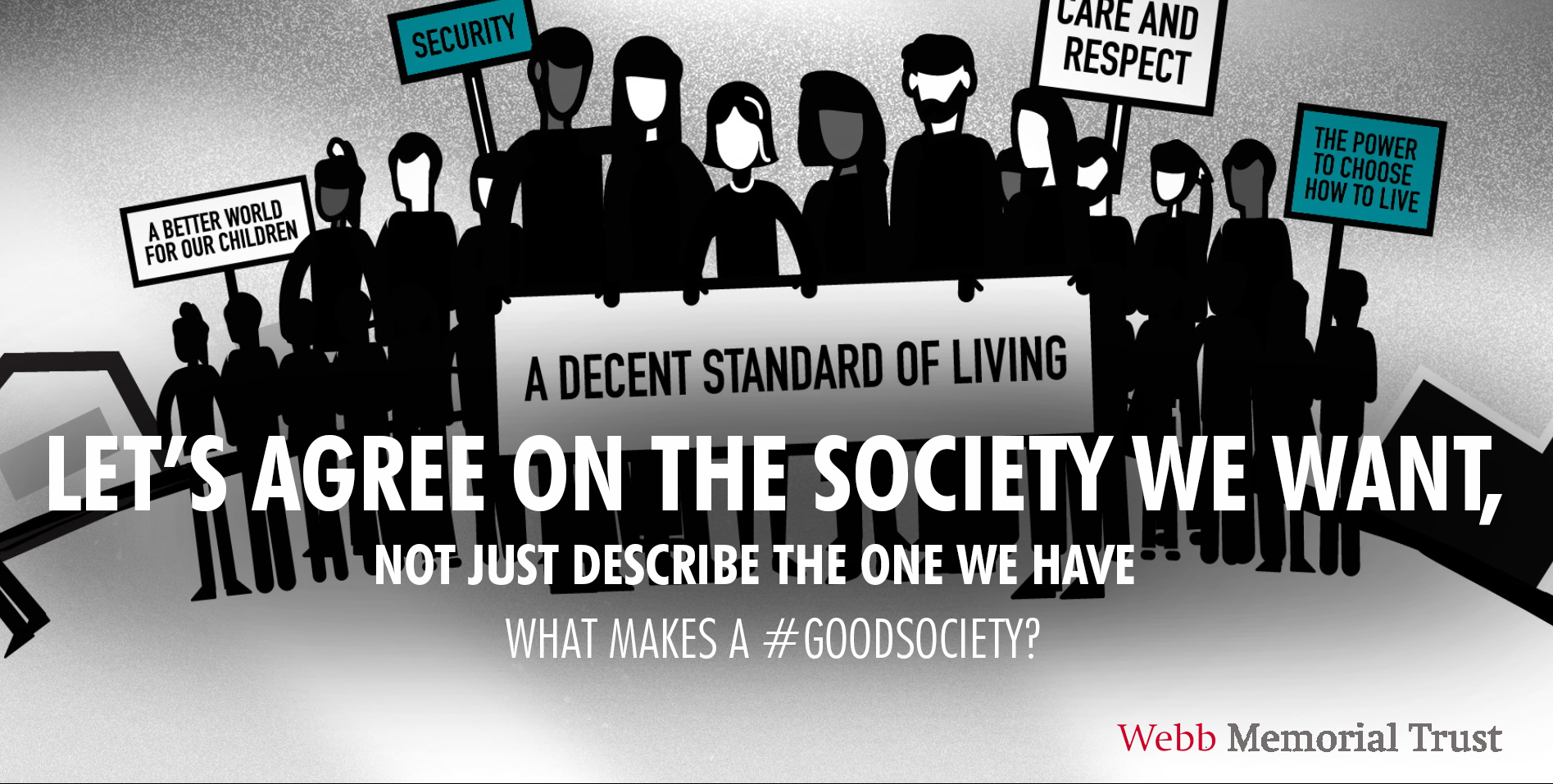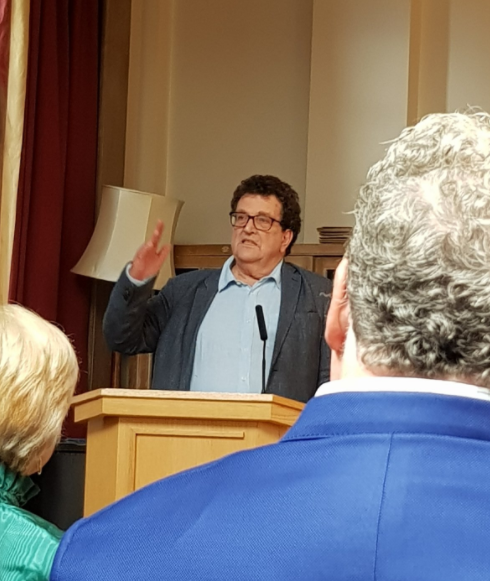Forget “Global North” & “Global South” – when it comes to poverty, power and progress, it’s a global conversation
Posted on 21 Sep 2017 Categories: Blog, From Rethinking Poverty
by Barry Knight

As the first anniversary of the launch of the campaign to #ShiftThePower approaches, there are clear signs that people in the Global South are developing it creatively. A prime example took place in June at the twentieth anniversary conference of the Kenya Community Development Foundation (KCDF).Lamenting how the combination of aid, charity and corruption have become synonymous with the failure of development in sub-Saharan Africa, KCDF’s Chief Executive Janet Mawiyoo described how they use “durable development” to put poor people at the heart of their own destiny. Such an approach was universally acclaimed by delegates at the meeting.
Given that old habits die hard, there is a long way to go to #ShiftThePower. Yet long-term prospects are good because southern civil society will not tolerate the dysfunctional aid system for much longer. There is a buzz about the issue, which is being seriously discussed by the development community across the globe. This debate is long overdue.
One question has been nagging me. Shouldn’t #ShiftThePower apply to the Global North too? World Bank statistics show that, while inequality is reducing between countries it is increasing within countries. People in the bottom quintile of the most advanced countries live in chronic poverty, and this is likely to worsen as economic growth now depends on a combination of automation, low paid jobs and reduced welfare benefits. In the UK, for example, 13.5 million people live below the official poverty line – a figure that has remained constant (both in absolute and relative terms) since 2005. The Archbishop of Canterbury has recently called the British economy “broken” because it serves the needs of company shareholders rather than ordinary people. [1]
The consequences are spoiled lives, wasted opportunities, and high public expenditure. Poverty creates widespread fear and insecurity that often manifests itself as hatred towards vulnerable groups such as refugees and Roma who, instead of being supported as victims of an unfair society, are blamed as the causes of it.

A new study, Rethinking Poverty, which focuses on the UK, shows that generations of top-down government initiatives have failed to make serious inroads into poverty. A hundred years ago in The Prevention of Destitution, Beatrice and Sidney Webb found “cities of the poor.” They are still there because there is “a common picture of disadvantaged neighbourhoods remaining disadvantaged despite repeated interventions.” The geographic concentration of such poverty and the failure of official policies to deal with it were made all too evident following the Grenfell Tower tragedy.
The mistake has been to base policies on the principle that “the government knows best.” This is plainly false, and has led to the wholesale contempt for the establishment evident in the Brexit vote. There is a yawning gulf between what ordinary people want and how government operates. We cannot solve this through transactional fixes led by experts; we need transformational processes led by people.
In our study, we suggest devolution of power. This should be based on the principle of “subsidiarity”, which states that “a central authority should have a subsidiary function, performing only those tasks which cannot be performed at a more local level.” Application of this principle means that people affected by decisions should have a big say in what is decided and how they are implemented. In many cases this means local people taking the decisions.
We outline a three-stage process:
- Major devolution of powers and resources to local authorities: People care most about where they live and so this should be the main domain for intervention.
- Devolution from local authorities to local people: Rather than running a big local state, power and resources should be transferred to local community organizations to which local people themselves commit and support. This gives a central role to community philanthropy.
- Devolution to young people: Within communities, local people should assign special responsibility to the coming generation. Our study shows that young people better equipped to understand the kinds of transformations based on a more inclusive model of development.
Such devolution does not absolve the state of responsibility. National government has a key role in ensuring that accountability occurs at every level of the system. It also has responsibility for ensuring that everyone has an adequate standard of living so that they are secure and free to live the lives they want. This involves areas of policy that can only be developed at national level, such as provision for a minimum income and decent housing.
Barry Knight, GFCF Adviser and Director of the Webb Memorial Trust
This article originally appeared on the website of the Global Fund for Community Foundations
[1] The evidence for this conclusion is found in The IPPR Commission on Economic Justice, (2017) Time for change: A new vision for the British economy. Available from https://www.ippr.org/research/publications/cej-time-for-change.
Read more from the Rethinking Poverty discussion forum:
- The solutions lie in communities, the world over – International development and philanthropy advisor, Jon Edwards
- Rethinking ideology, a view from the US – former Ford Foundation senior program officer, Christopher Harris
- Starting a conversation – Associate Editor of Alliance magazine, Andrew Milner, on the launch of Rethinking Poverty
Buy Rethinking Poverty (£7.99) or download a copy for free
Posted on 21 Sep 2017 Categories: Blog, From Rethinking Poverty
